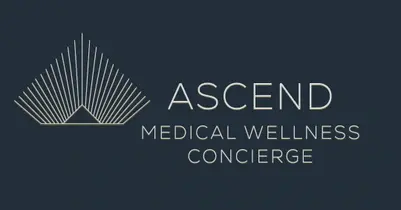Navigating Relapse Prevention in At-Home Addiction Recovery
- info879833
- Oct 18, 2023
- 2 min read
Recovery from addiction is a courageous journey filled with both triumphs and challenges. For those on the path of at-home addiction recovery, it's essential to have a plan in place to prevent relapse. In this blog article, we'll explore strategies and coping mechanisms for navigating relapse prevention, including the recognition of triggers, the development of healthy routines, and seeking professional help when needed.
Understanding Relapse: A Part of Recovery
Relapse is not uncommon in the recovery process. It's essential to recognize that relapse doesn't mean failure; instead, it signifies an opportunity to learn and grow. By understanding the triggers and underlying factors that contribute to relapse, individuals can proactively work to avoid slipping back into old habits.
Recognizing Triggers
Identifying triggers is a critical aspect of relapse prevention. Triggers can be situations, emotions, or even people that increase the risk of relapse. Common triggers include stress, peer pressure, and emotional distress. By becoming aware of these triggers, individuals can take proactive steps to manage and avoid them.
Developing Healthy Routines
A structured daily routine is invaluable in at-home addiction recovery. Healthy habits, such as regular exercise, a balanced diet, and adequate sleep, not only promote physical well-being but also provide stability and reduce the risk of relapse. Additionally, routines can help individuals replace old, unhealthy behaviors with positive ones.
Building a Support Network
Building a strong support network is vital in preventing relapse. This network may include family, friends, or support groups. These individuals can provide encouragement, accountability, and a safe space to share feelings and experiences. Seeking support is not a sign of weakness but a wise step toward lasting recovery.
Seeking Professional Help
At times, preventing relapse may require professional assistance. A therapist or counselor can offer valuable guidance in navigating the emotional and psychological aspects of recovery. Professional help can also provide strategies for handling cravings, managing stress, and addressing any underlying mental health issues.
Mindfulness and Self-Care
Practicing mindfulness and self-care techniques can help individuals stay grounded and focused on their recovery journey. These practices can include meditation, journaling, and self-reflection. By staying in tune with their thoughts and emotions, individuals can better manage stress and negative feelings that may lead to relapse.
Setting Realistic Goals
Recovery is a step-by-step process, and it's essential to set realistic goals. While long-term abstinence is the ultimate aim, smaller, achievable objectives along the way can provide a sense of accomplishment and motivation. By celebrating these milestones, individuals can stay motivated and committed to their recovery.
Preventing relapse is a significant part of the at-home addiction recovery journey. It involves recognizing triggers, developing healthy routines, building a strong support network, and seeking professional help when necessary. Remember that relapse is a part of the recovery process for many individuals. By using these strategies and coping mechanisms, you can proactively navigate the challenges and continue your path towards lasting recovery. Always remember that seeking help and support is a sign of strength and determination in your journey to a healthier, addiction-free life.


Comments